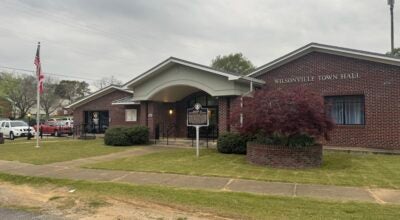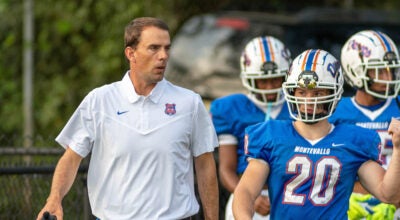Access to education a social necessity
Published 5:18 pm Monday, February 6, 2012
I was recently asked to serve on a panel to discuss the future of higher education in Alabama. Three issues immediately came to mind. All of these relate to diversity and access to education.
First are the changing demographics in our nation, most profoundly illustrated in the increase in the Hispanic population and the elderly.
Another is the significant decrease in the proportion costs related to higher education that is covered by state funding from the legislature, a cost that is then passed on to individual students in increased tuition.
The third issue is the impact of technology, particularly the Internet, on student expectations and possibilities for the delivery of educational services.
The Southern Regional Education Board’s 2011 Fact Book indicates that by the year 2019 more than half of high school graduates in the region, which includes Alabama, will be non-white, with 27 percent of these being Hispanic. This report also states that between 2000 and 2010 the overall population of our state grew about 8 percent, while whites increased approximately 2 percent, blacks 8 percent and Hispanics 145 percent.
Although in recent years women and minorities have led in enrollment growth, the participation of blacks and Hispanics in higher education is still not what it should be.
In terms of public funding for higher education, the SREB report indicates that between 2007-08 and 2010-11 there was a 26 percent decrease in Alabama state tax funds appropriated for these expenses.
This translates into an almost 19 percent decrease in funding per full time student. For the University of Montevallo, this means that only about 36 percent of instructional and operational costs are covered by financial support from the legislature.
This makes keeping enrollment at optimal levels critical. So we must develop strategies for making education accessible to all who could benefit from and contribute to it.
Providing equal opportunity through access to education has been considered a moral imperative by most of us for quite some time now. Providing broad access has become a characteristic of economic viability for institutions of higher education.
In addition, it is imperative that we educate all students in the skills needed to live happy and productive lives in a society where those who formerly were the minority become the majority.
Kimberly Barrett is the vice president of student affairs at the University of Montevallo.









